David Stafford, comedy writer and broadcaster who worked with Alexei Sayle and Benjamin Zephaniah – obituary
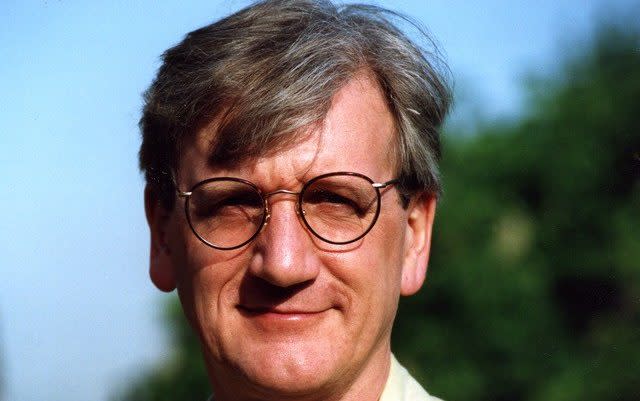
- Oops!Something went wrong.Please try again later.
- Oops!Something went wrong.Please try again later.
- Oops!Something went wrong.Please try again later.
David Stafford, who has died from lung cancer aged 74, was a comedy polymath across television and radio, with a gift for parody and surreal humour that led him to collaborate with figures of the stature of Alexei Sayle and Benjamin Zephaniah.
That Stafford did not hit such heights of fame himself – he was mostly a writer and presenter, not a stand-up or an actor – was no reflection of his talent or his productivity. There was often an element of performance to his work, but he remained unstarry – an immensely likeable, wry presence whether in front of the camera or behind the microphone.
On Radio 4 he was a frequent presenter of the magazine shows Going Places and Home Truths, on the latter deputising for John Peel. He was also a musician and a biographer.
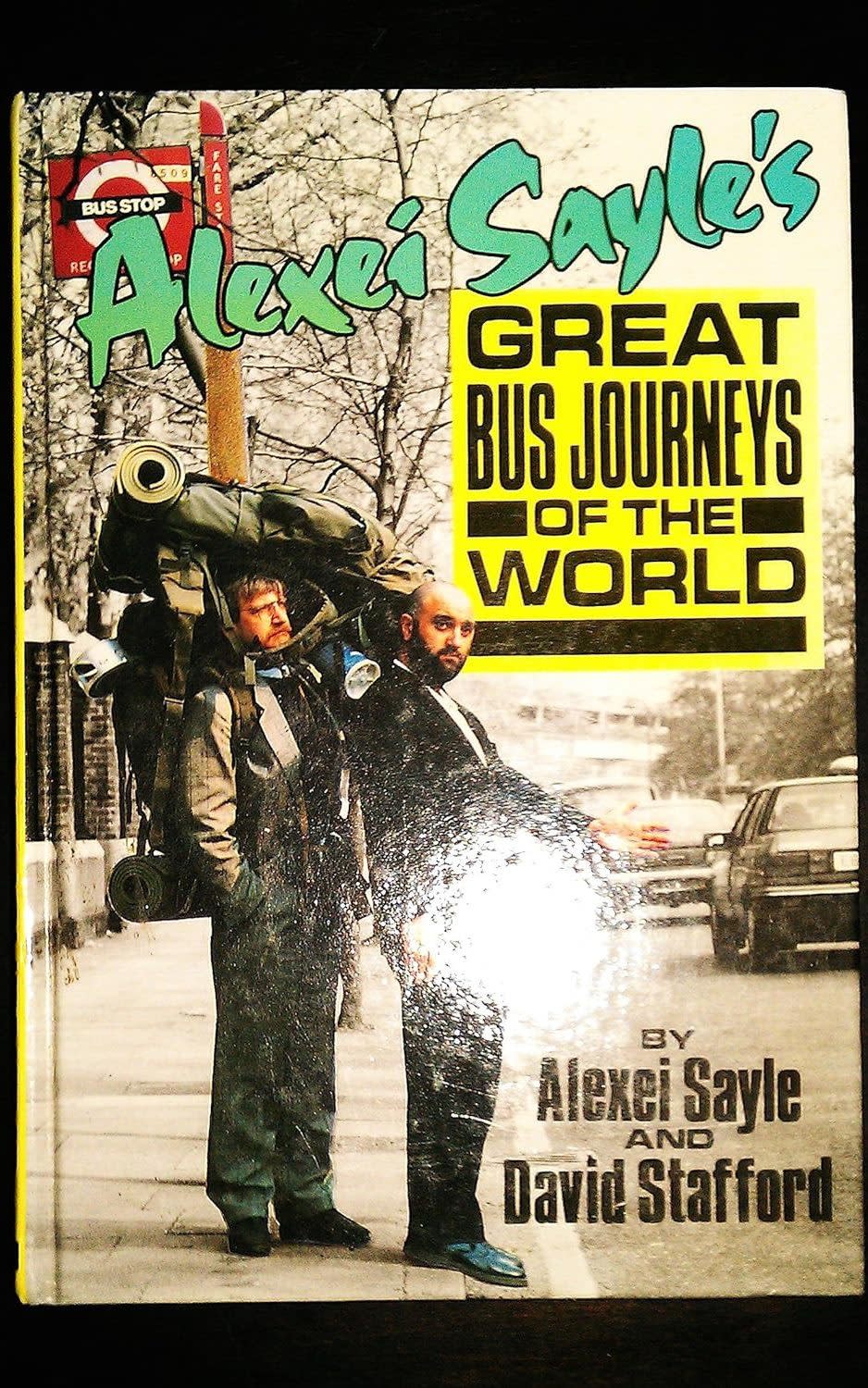
In common with many comedy scriptwriters, Stafford did not work alone. But he formed an unusual partnership in that his co-creative in his later years was his wife Caroline. Between them they scripted numerous radio comedy dramas before branching out into a series of music biographies, their subjects including Randy Newman, Lionel Bart, Kenny Everett and Adam Faith.
In the past few years, Stafford wrote three 1920s-set crime novels, Skelton’s Guide to Domestic Poisons, Skelton’s Guide to Suitcase Murders and Skelton’s Guide to Blazing Corpses, all with a barrister called Arthur Skelton at the centre of events. Stafford had a relish for period detail, about which he was deeply knowledgeable.
Typical of Stafford’s absurdist wit was a project he undertook with Alexei Sayle, the alternative comedian’s Great Bus Journeys of the World, which started life as a column in the London-based magazine Time Out before being turned into a book.
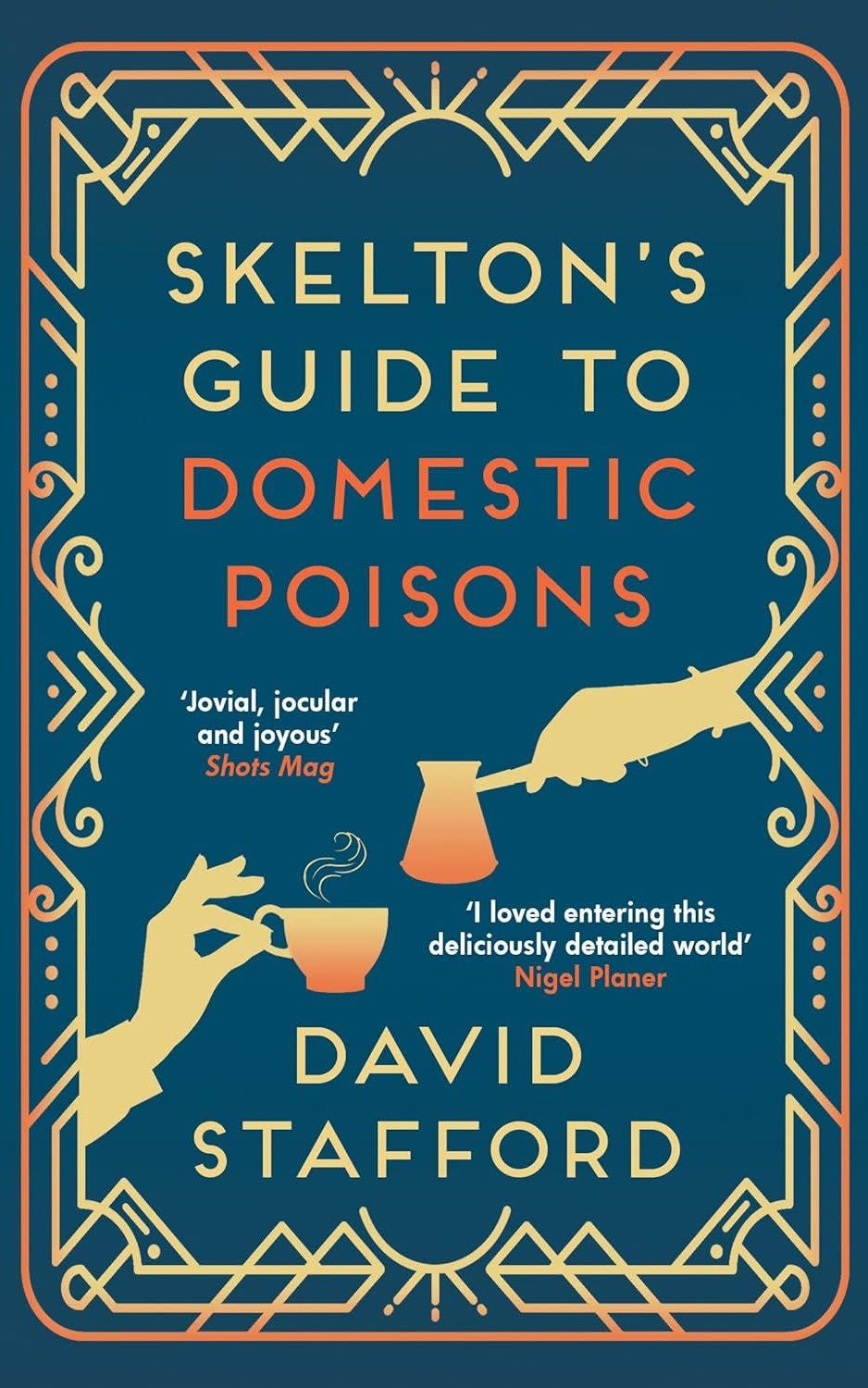
The collection of pieces, co-authored by Stafford, charts a year of great London bus journeys, starting in January with the No 28 from Golders Green to Wandsworth, taking in Miami, Hollywood, Auckland, Stoke Newington, Zaire and Moscow on the way.
Satirising the pomposity of the Bloomsbury Group, Great Bus Journeys would have you believe that Virginia and Leonard Woolf were regulars on the No 29, on which they would travel to visit Leonard’s dinner-lady aunt in Kentish Town. It was when travelling another route, readers were told, that Vladimir Lenin signed a major post-Revolutionary agreement.
Another Sayle-Stafford production was a 1991 film for Channel 4, Itch, in which Sayle starred as a lone hitch-hiker desperate to reach Colchester. The film was directed by Beeban Kidron, whose later work as a director would include the second of the three Bridget Jones movies.
Stafford’s erudition in no way distanced himself from his audiences. With his gentle Brummie brogue, he was a natural communicator who slotted comfortably into the chair at Home Truths, the Saturday-morning Radio 4 show that celebrated family and the quirks of everyday life.
His quizzical, bespectacled figure appeared frequently on TV shows, among them BBC2’s late-night arts magazine The Late Show, where his contributions included a parody of WH Auden’s Night Mail that “honoured” the best-selling author of A Year in Provence, Peter Mayle.
David Charles Stafford was born on April 11 1949 in Birmingham. His parents Eveline (née Hunt) and Ted ran a barber’s shop in Alum Rock. He attended King Edward VI Grammar School, going on to study drama at Birmingham University. He became part of the Interplay Theatre Collective in Leeds before breaking into TV and radio.
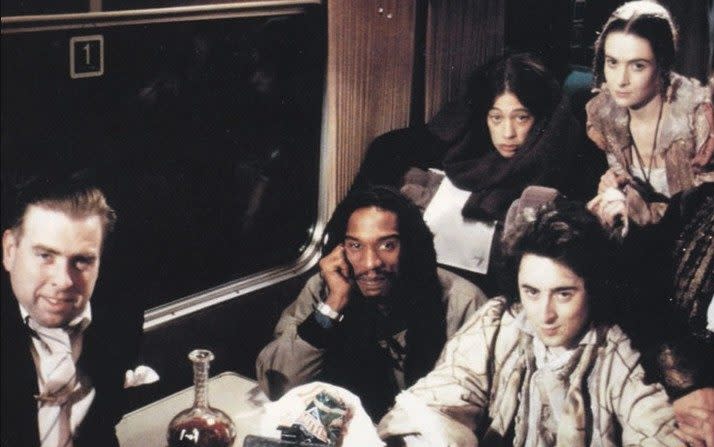
The association with Sayle began when they were brought together to make a promotional video on behalf of a pressure group ahead of the launch of Channel 4 in 1982. The idea was to encourage the network to make programmes about the developing world.
Soon they came up with a late-night comedy for Capital Radio about a community detective, played by Sayle, which was innovative for its time in that it broke the fourth wall by also featuring the producer of the series.
Stafford was not involved in Sayle’s 1982 hit record ’Ullo John! Gotta New Motor?, but collaborated with him on the 1985 follow-up, Didn’t You Kill My Brother?. The song barely troubled the charts in the UK but did well in Canada and Australia.
The genesis of Didn’t You Kill My Brother? – which was later re-purposed into an episode in the TV series The Comic Strip Presents... – was a random encounter Stafford had on the London Underground, in which he reported that the other passenger asked him that very question.
As a musician, Stafford toured with Sayle, providing accompaniment to the latter’s stand-up. Among their other numbers was an Albania World Cup song.
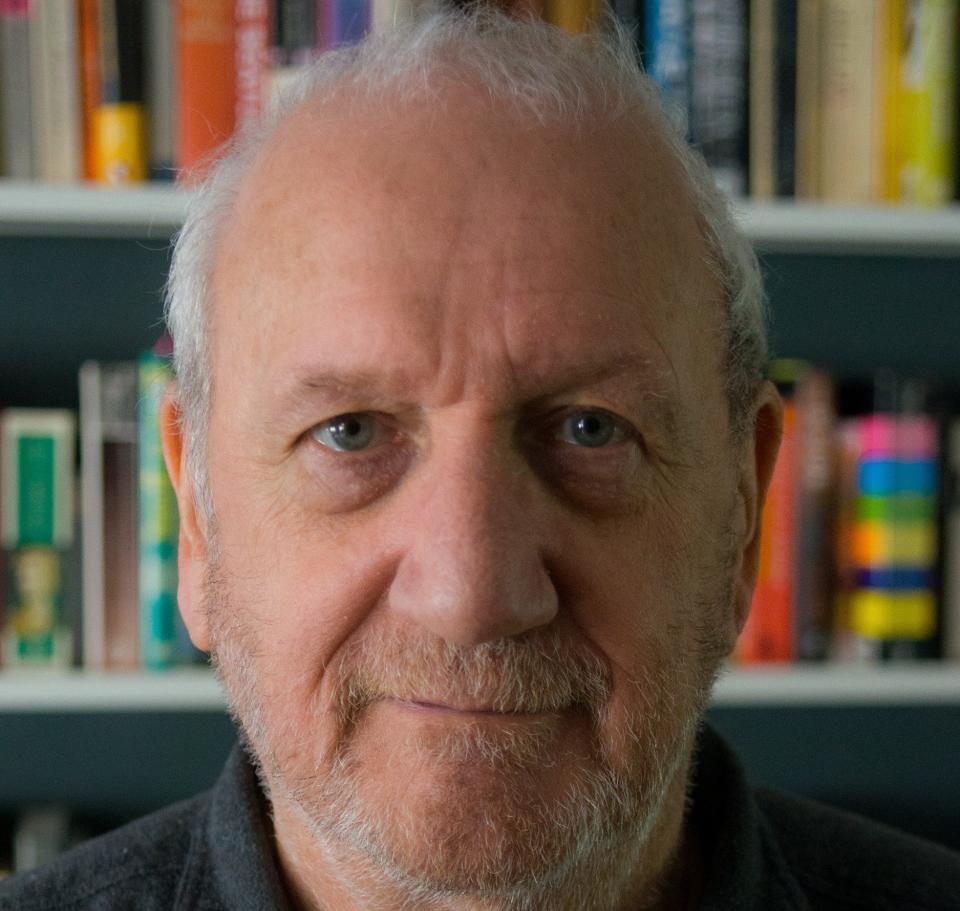
Divorced twice by the time he was in his early forties (his first two wives were Lin Hawkins and Alice Harper), Stafford then entered into a long and productive marriage to Caroline Moran, with whom he wrote a number of comedy dramas for Radio 4 in the late 1990s and early 2000s, including Man of Soup, The Brothers, Hazelbeach and Birkett.
Factual TV scripted by Stafford included Coast and Gordon Ramsay’s Boiling Point. His versatility extended to fronting a series of ads for Royal Mail, and he had a regular column in The Guardian.
Stafford is survived by Caroline and by their three daughters.
David Stafford, born April 11 1949, died 22 October 2023

